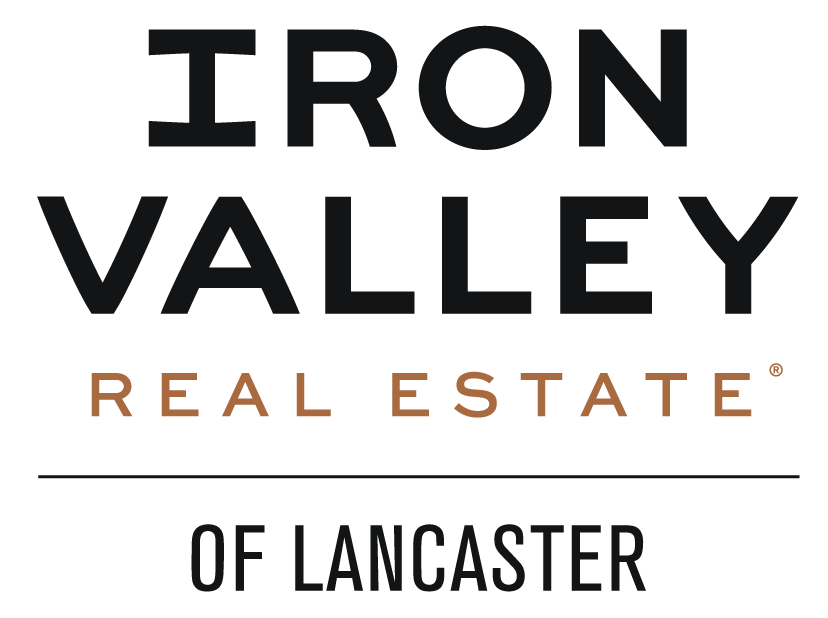You got your home ready, worked with your realtor for amazing marketing, and put your home up for sale. Showings are occurring and offers are starting to come in. That’s when the fun begins! But, it can also be a little stressful when you’re reviewing multiple offers. There are many different terms to be considered on each offer, not just what the offer price is. The terms are just as important, and sometimes more important, than the offer amount.
The first step is vetting the buyers. A buyer needs to be ready, willing, and able. In this step, the buyer’s ability to purchase your home is verified. I vet each buyer by calling the lender first to make sure that they are qualified to purchase your home at the price that they offered. Then I talk to their agent to make sure that they are highly motivated to buy your home. We do not want to get in the middle of the process and have their financing fall through or have the buyer back out. We want to make sure that they are both qualified and motivated to buy your home.
After making sure the buyers are qualified, the second step is to look at what all of the terms are. This begins with the offer price. Did the buyer offer list price, over list price, under list price? But before getting excited, we have to see what ALL of the terms are on the offer. Along with the offer price, it’s important to know if they have an appraisal contingency. The buyer can only get a loan for the amount that the appraiser says the home is worth. Even if buyers offer $20,000 over list price, there is no guarantee that the seller will get that much. The appraiser has the final word – unless the buyer guarantees the offer price with their own money. The buyer can waive the appraisal contingency or offer to cover the gap between the contract and appraised value.
Next are the nitty gritty terms!
How much is their earnest money deposit? This is the amount the buyers risk losing in the deal if they walk away outside of their contingencies. So, the higher the deposit, the more motivated the buyer is to stay in the deal. If the earnest money deposit is low it can mean the buyer doesn’t have a lot of extra cash to work with, or it can mean they are not willing to risk a larger amount on the deal.
What type of financing does the buyer have? There are government loans, such as FHA and VA, and conventional loans. Typically, the appraiser for a government loan will have strict guidelines on the condition of the house. If anything falls short, it will be up to the seller to make the repairs. Generally, an appraiser for a conventional loan is more lenient. In addition to loan type, it’s important to see the buyer’s loan-to-value ratio, how much they’re putting down, and their interest rate. All of these factors help show how able a buyer is to purchase your home. (If it’s cash, we look at proof of funds.)
Now we look at what type of inspections the buyers are asking for. There’s a long list of possible inspections, but common inspections are home and pest inspections. If your home is rural, the buyer may also elect for septic and well inspections. Any inspection allows for further negotiations on price and repair work. If terms are not reached, the buyer is able to terminate the contract due to inspection results.
A few more details to consider are what date the buyers want to close on the house, any inclusions they are asking for (such as the kitchen refrigerator), and any special conditions added to the contract. As you can see, there are many very important terms that we look at! We’re not looking at just the price. We’re looking at how favorable all of the terms are for you as the seller.
Once we’ve reviewed all of the terms, there may be several offers that rise to the top as better offers. We might go back to the buyers’ agents, depending on the condition, and ask for their highest and best offer. That means that we’re offering those top buyers a chance to update their offer with the best terms they are willing to submit. Or we might go back and choose the top one or two and reach out directly to those agents and ask for what we’re looking for. It depends on the situation because we’re looking for the best price AND the best terms.
Throughout this whole process I’m here to advise you on the pros and the cons of each offer. I will walk you through each step and negotiate on your behalf for the best terms. Ultimately, it is your decision on which offer you choose.








 By Launch Kits
By Launch Kits